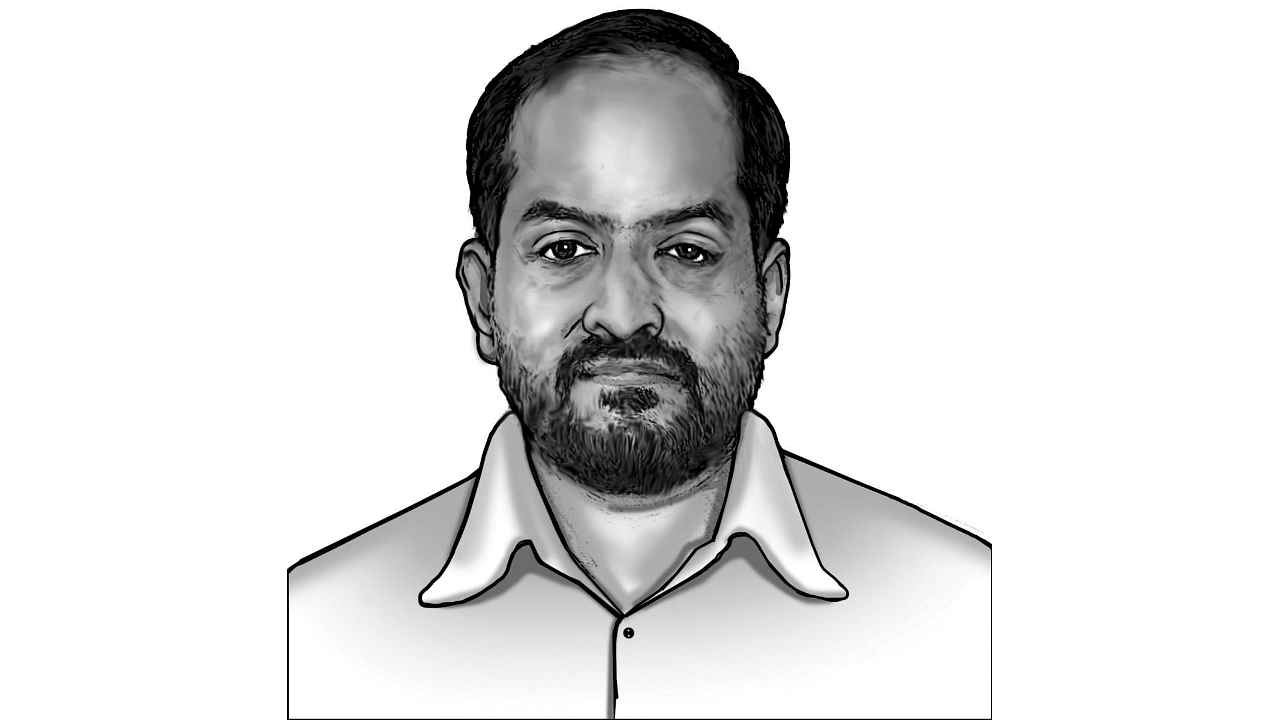
What happens to a pending court case after the litigant dies? According to the Supreme Court, it will not abate if the ‘right to sue’ survives the deceased. Legal heirs may continue the proceedings. But what happens to pending cases when the adjudicatory body itself is terminated?
This is the question hundreds of complainants are asking after the Human Rights Commission (HRC) was wound up in Jammu and Kashmir in October 2019. An overenthusiastic central government pushed the J&K Reorganisation Act, through a willing Parliament, without including transitional provisions for this purpose. Hundreds of cases alleging violation of fundamental rights guaranteed by the very Constitution whose cover was sought to be extended to J&K, in full, are gathering dust in Srinagar.
After reading media reports of these languishing complaints of extra-judicial killings enforced disappearances and unmarked and mass graves, I filed an RTI application with J&K’s Law Department, seeking details of their fate. The department denied any knowledge of this matter but unwittingly provided the name and telephone number of a former SHRC official. Upon being contacted, he sang like a lark. In 2020, his team had worked hard to draw up a list of thousands of SHRC files to be handed over to -- you bet -- the Law Department. He, too, wanted to know the outcome of his toil.
When confronted with this narrative in my first appeal, the Special Secretary of the department felt compelled to admit that all case files were indeed lying locked up at the erstwhile SHRC office. Complaints about human rights violations had become Sarkari secrets, in the material and metaphorical sense of that phrase.
Contrast this with the treatment that cases pending before the J&K State Information Commission received when it was also wound up. Thanks to the then enterprising Chief Information Commissioner, all files were transferred to the Central Information Commission (CIC) within a few months of J&K being split up. The absence of transitional provisions did not become a stumbling block in this exercise.
In 1949, both Babu Rajendra Prasad and Babasaheb Ambedkar had said something to the effect that “however good a Constitution may be, if those who are implementing it are not good, it will prove to be bad. However bad a Constitution may be, if those implementing it are good, it will prove to be good.” These stories from J&K prove this point even today, and in the context of ordinary laws.
A change of guard at the CIC somewhat reversed its progressive approach. Technical defects were raised to return scores of cases, including one in which the J&K State Information Commission had already conducted multiple hearings about the government’s poor compliance vis-à-vis its voluntary information disclosure obligations.
Another RTI of mine seeking details of these cases disposed of by the CIC met with even more resistance. They did not provide a list of files transferred from Srinagar; they have no data about the number of cases returned on technical grounds; nor do they have data about the manner in which the CIC decided these cases. They suggested that I look up their website for such information. This website does not have a keyword search facility ever since it was revamped a few years ago. How will citizens find the CIC’s decisions for use as precedents in their own cases?
The CIC’s latest annual report is out, sans any data, as usual, about the number of cases in which it directed information disclosure or those in which it approved continued secrecy. We may only rejoice over the rejection rate reported by public authorities. It is at an all-time low of 3.85%.
Watch the latest DH Videos here: